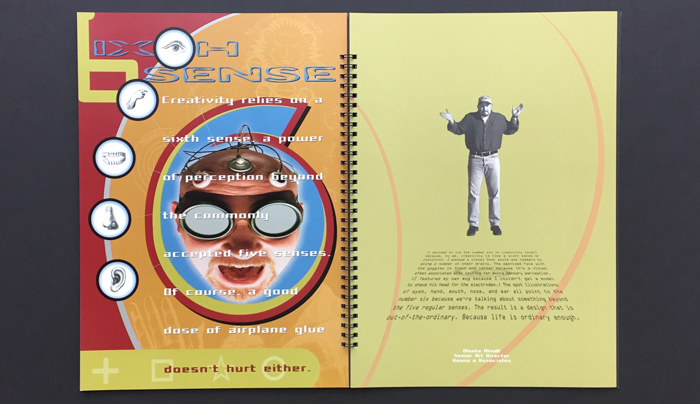Over at the Boston Globe, Britt Peterson gamely tries to put a positive spin on the quotative like. It’s not the first such defense, and it won’t be the last.
Stan Carey claims that “…with quotative like we can do more than simply report speech: we may convey an interaction with expansive social and performative detail”; Jessica Love has convinced herself that “the quotative like encourages a speaker to embody the participants in a conversation.” And you can sum up PBS’s argument thus: “All the cool kids are doing it.”
Humbug. On like, I’m with the late, great Christopher Hitchens, who, recognizing that the grammatical battle was already lost back in 1954, nevertheless recommended that like be “pruned and rationed, and made the object of mockery for those who have surrendered to it altogether.”


